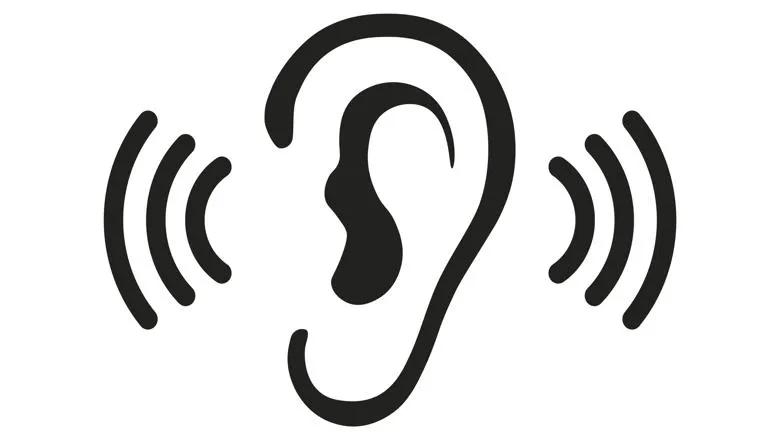“This association between hearing problems and poor mental health demonstrates that emphasis needs to be placed on preventative measures during service to protect both hearing and mental health in the long term.”
Dr Sharon Stevelink, King's Centre for Military Health Research
15 November 2021
Hearing problems associated with adverse mental health outcomes in the UK Armed Forces
Members of the UK Armed Forces who experience hearing problems were more likely to report adverse mental health outcomes and alcohol misuse.

New research from the King’s Centre for Military Health Research (KCMHR) has found that members of the UK Armed Forces who experience hearing problems were more likely to report adverse mental health outcomes and alcohol misuse.
The paper, published in Social Psychiatry and Psychiatric Epidemiology, found an association among members who reported problems with their hearing and higher levels of common mental disorders, post-traumatic stress disorder (PTSD) and alcohol misuse. The investigators stress that these associations highlight the importance of preventative measures like improved hearing protection equipment, and greater levels of utilisation of such equipment. For those with hearing problems, adequate support should be provided.
The study followed 5474 serving and ex-serving members of the Armed Forces over the course of two phases. At phase two (data collected between 2007 and 2009), 1205 personnel reported auditory problems, with 9.7% reporting some form of a hearing problem, 7.9% saying that they had experienced tinnitus, and 7.8% said that they experienced a combination of tinnitus and hearing problems. Data for phase three was collected between 2014 and 2016.
Individuals who reported hearing problems in phase two were more likely to report mental health problems and alcohol misuse at phase three compared to those who did not report these problems. Those most likely to report mental health problems were personnel who endorsed both tinnitus and hearing problems at phase two.
Furthermore, those individuals reporting hearing problems with tinnitus were also more likely to report alcohol misuse. Why might this be the case? Service personnel may use alcohol as a coping mechanism to deal with having a hearing problem, the resulting emotional distress or feelings of social isolation that they may experience.
Dr Sharon Stevelink, the study’s joint lead author from KCMHR said, “Members of the Armed Forces are exposed to an increased number of situations which is likely to put their hearing at risk compared to members of the public. We can see from our research that this is having a negative impact on their mental health in the long term, with a sizeable percentage of personnel reporting common mental disorders, PTSD or alcohol misuse.”
Fred Parker, the study’s first author from the Faculty of Life Sciences and Medicine at King’s College London said,
“Hearing problems, especially tinnitus, remain difficult to treat. The importance of hearing problems may be overlooked, often seen as a normal part of aging. We hope that our findings can be used to evoke a positive change and encourage the use of hearing protection equipment not just in the Armed Forces, but in all occupations exposed to high levels of noise."
Self‑reported auditory problems are associated with adverse mental health outcomes and alcohol misuse in the UK Armed Forces (DOI.org/10.1007/s00127-021-02169-8) (F. N. H. Parker, N. T. Fear, S. A. M. Stevelink, L. Rafferty) was published in Social Psychiatry and Psychiatric Epidemiology.
For more information, please contact Patrick O’Brien (Senior Media Officer)


